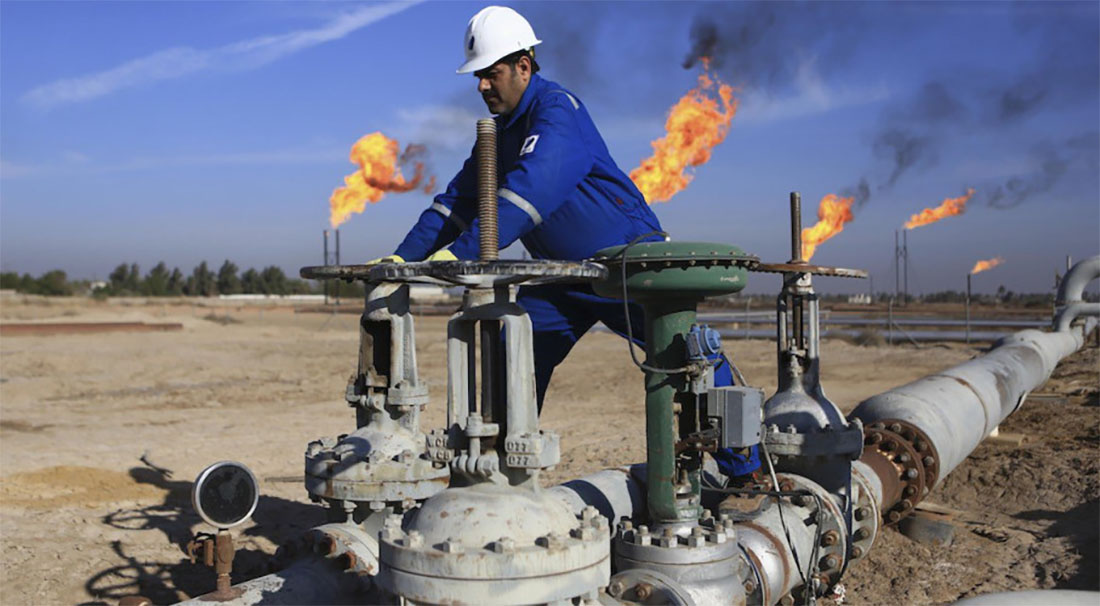Photo Credit: Getty Images
Iraq has unveiled ambitious plans to increase its oil production capacity to more than 6 million barrels per day (bpd) by 2029, according to the Iraqi oil ministry. This strategic initiative represents a significant expansion from the country's current output of approximately 4 million bpd.
"The ministry is working to achieve this goal through projects across all provinces, leveraging exploration activities by the Oil Exploration Company, as well as drilling and production operations," stated Bassem Mohammed Khodeir, Iraq's oil ministry undersecretary, in an interview with the Iraqi News Agency on Sunday.
Central to this expansion is a pending deal with British energy giant BP to redevelop four major oil and gas fields in Kirkuk. According to Khodeir, the final contract with BP is expected "within days," marking a crucial step in Iraq's energy strategy.
Iraq currently holds its position as the second-largest producer within OPEC+, the coalition comprising the Organization of the Petroleum Exporting Countries and allies including Russia. The nation recently reaffirmed its commitment to the group's output agreement while promising to present an updated plan to compensate for any previous overproduction.
The ambitious production target comes at a time when OPEC+ is implementing strategic cuts of 5.85 million bpd, equivalent to approximately 5.7% of global supply. These reductions, part of a series of steps agreed upon since 2022, are scheduled to begin easing in April with planned supply increases.
However, the unilateral nature of the BP agreement has raised concerns in the Kurdistan Region. Kurdish officials view the lack of consultation as problematic, particularly given Kirkuk's status as a disputed territory under Article 140 of the Iraqi Constitution.
"The exclusion of the KRG from the BP deal in Kirkuk underscores a broader pattern of marginalization and raises fresh concerns about equitable resource sharing in Iraq," notes Kurdistan24, highlighting the political sensitivities surrounding energy development in the region.
The federal government's approach to Kurdistan's energy sector presents a stark contrast to its national ambitions. While Baghdad actively pursues international partnerships to boost exports and production, Kurdish authorities face ongoing impediments to independently export oil, with repeated delays undermining the Region's economic stability.
For Iraq to truly succeed in its oil expansion plans, observers suggest that inclusive governance and respect for constitutional frameworks will be essential. As the nation positions itself as a growing force in global energy markets, balancing regional interests may prove as crucial as the technical aspects of production expansion.


